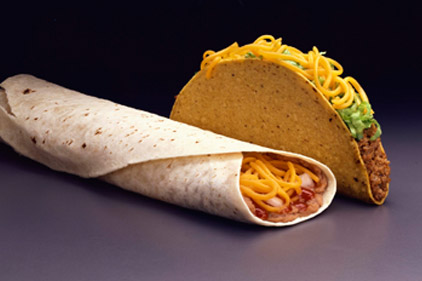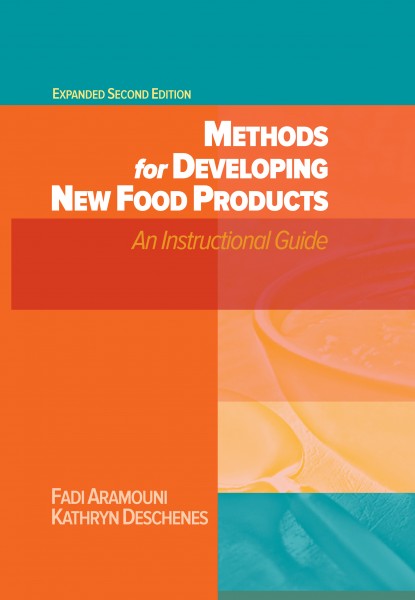Burritos, enchiladas and quesadillas can be found all over the country. You don’t have to go to a Mexican restaurant or scour the ethnic foods aisle in a supermarket if you’re in the mood for Mexican food. Hispanic foods and beverages have become such a common part of the American menu that many consumers would have to think twice before characterizing them as a distinct ethnic cuisine. Are there any food courts in sports venues these days that don’t offer nachos as standard fare alongside hot dogs? Is there a supermarket or grocery anywhere in the country that doesn’t carry tortilla chips and salsa, even if there are no Hispanic consumers in their community?
With Hispanic foods and beverages achieving such prominence, it’s no wonder that sales were approaching $7 billion in 2009, according to the recent report from Packaged Facts titled “Hispanic Food and Beverages in the U.S.: Market and Consumer Trends in Latino Cuisine, 4th Edition.” This represented an increase of 28.7% from $5.4 billion in 2005. In addition, Packaged Facts predicts continued aggressive growth through 2014, with sales projected to top $9.5 billion in 2014.
The report details how the expanding appetite for Hispanic food and drink among non-Hispanic Americans combined with the rapid increase in the Hispanic population is driving sales of mainstream Mexican products, along with authentic Hispanic and Nuevo Latino foods. Expanding distribution channels, the rise of the “foodie” and other key trends affecting the marketplace are described, along with the changing demographics and other factors driving growth. In addition, the report profiles major marketers, both in the manufacturing and foodservice arenas.
To read more about the report, visit www.packagedfacts.com.
Source: www.packagedfacts.com, www.foodnavigator-usa






